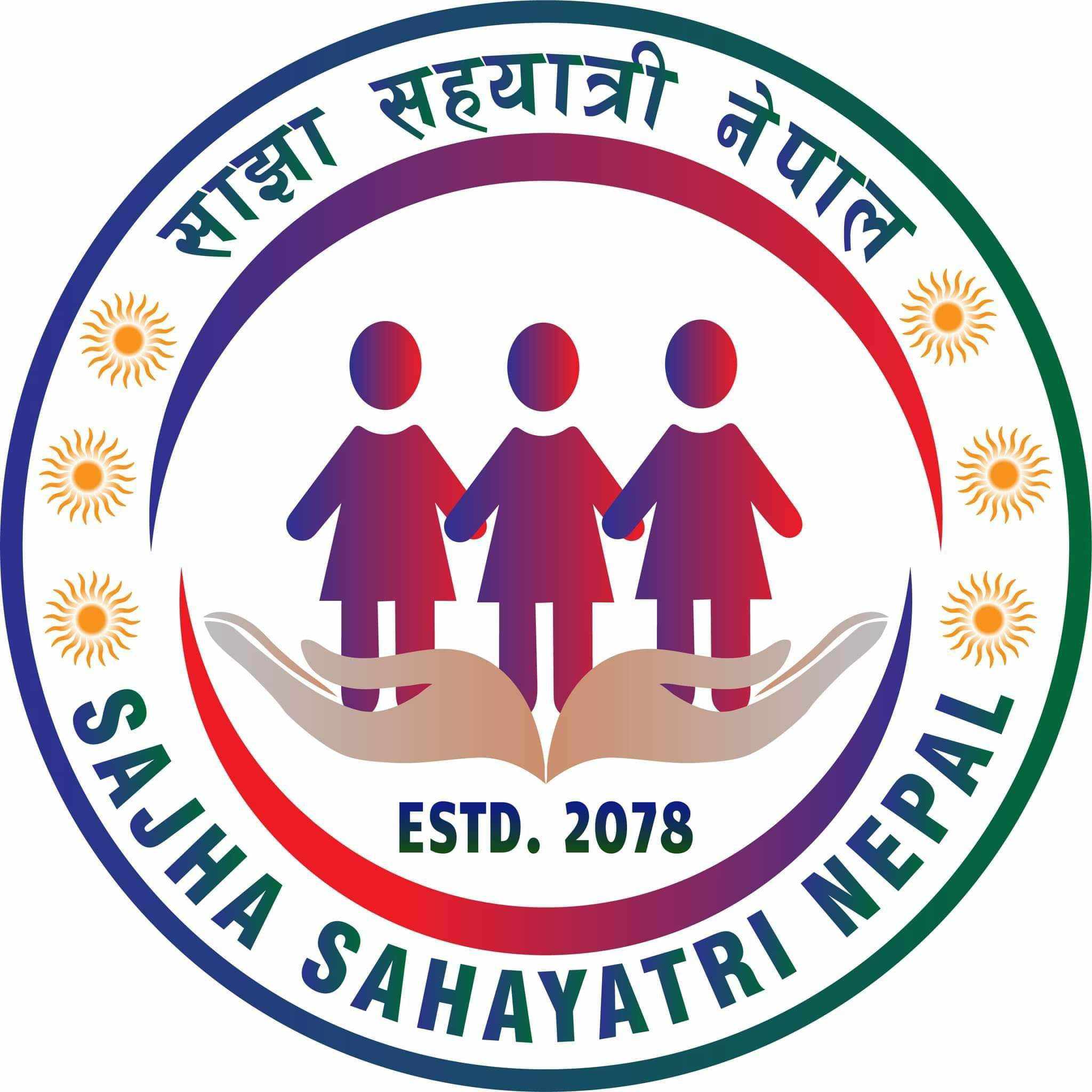
Sajha Sahayatri Nepal, embodies unity and collective progress toward shared objectives. Sajha Sahayatri Nepal founded on December 21, 2021, as a non –profit organization at the company registration office in kathamndu, and officially registered with the Social Welfare Council on January 4, 2022 . Our organization operates with a clear vision: to rehabilitate and empower girls who are survivors of sexual violence, while fostering a societal shift towards compassion and support.
Led by a diverse and committed executive board, including Gita KC Darnal as founding Chairperson of Sajha Sahayatri Nepal is dedicated to creating a society free from sexual violence. Our approach is multifaceted, encompassing self-defense training, public awareness campaigns, and collaboration with other agencies to foster a culture of safety and respect for all.
At our core, we uphold principles of diversity, inclusivity, transparency, and accountability. Through a process-based leadership model, we ensure decisions are informed by continuous reflection, analysis, and evaluation. With a commitment to efficiency and effectiveness, we strive to maximize our impact while being prudent with resources.
Ultimately, Sajha Sahayatri Nepal envisions a civilized society where girls and women can live and move freely, unencumbered by the threat of violence. Through our collective efforts, we aim to realize this vision, creating a safer and more equitable world for all.
How did the organization begin?
The establishment of the Sajha Sahayatri Nepal organization was inspired by a violent event during first covid time that occurred three years ago .A two-and-a-half-year-old girl from Mahottari, named Rani, was murdered after being raped.
The girl's mother owned a clothing shop. She used to take her daughter to work where neighbor of the same acquaintance would come and play with the baby in his arms. On the day her mother, as busy with customers when the girl was taken away. After some time, when the mother did not see her daughter or the man she suspected, she started asking for help. The CCTV footage of the shop showed that the man took Rani with him. After informing the police, everyone started looking for the girl but neither of them were found. The next day, the girl was found dead, half-naked, wrapped in a towel, in a bush near the river near afternoon.
After reading the news and seeing Rani in the photo, I cried inside. My own son was the same age as the murdered girl at that time. And because of the crying her mother my heart was broken. For two days, that girl's face remained in my mind. I heard stories every day on the news about innocent girls being preyed upon, and I started to worry about where our society was going. When I thought about the situation of girls who suffer every day from such incidents, my mind was filled with grief.
At the same time, while I was focused on this issue, I got a chance to meet directly with a 5-year-old girl from Rupandehi. I could not bear to see her pain. Although she returned home after some time of treatment, her close neighbors and friends kept talking about her, saying that she kept locking her bedroom door and isolating herself.
When I saw how these children were victimized, I was shocked to learn that our society still sees the victim as the person at fault. Relatives, neighbors, and friends kept reminding the young girls about the incidents, negatively affecting the wellbeing of the children. I saw firsthand that sexual violence continues to harm victims after the event. The victims suffer physically, mentally, and socially as they are shunned by family, friends, and acquaintances. Many victims keep the incident hidden due to fear. Some show courage and file a complaint with the police, but this causes them to become shunned and isolated from their community, placing a challenging and painful the burden on the young victims. The situation for the girls is especially painful because they are often abused in their own homes by members of their family who are supposed to care for them, including their fathers, uncles, and maternal uncles. Some girls are even killed after incidents of sexual violence.
After meeting with these children, I realized that I had to do something for them to ease the irritation in my heart about the incidents that continued to occur in the news. Many options played in my mind, but I knew that supporting the girls would not be enough if they ever had to be sent to the same homes where they had been abused. How can a little girl live in that society for the rest of her life? Keeping this in mind, I felt that something should be done by involving all the parties and duly registered the organization. This is how this organization was born.